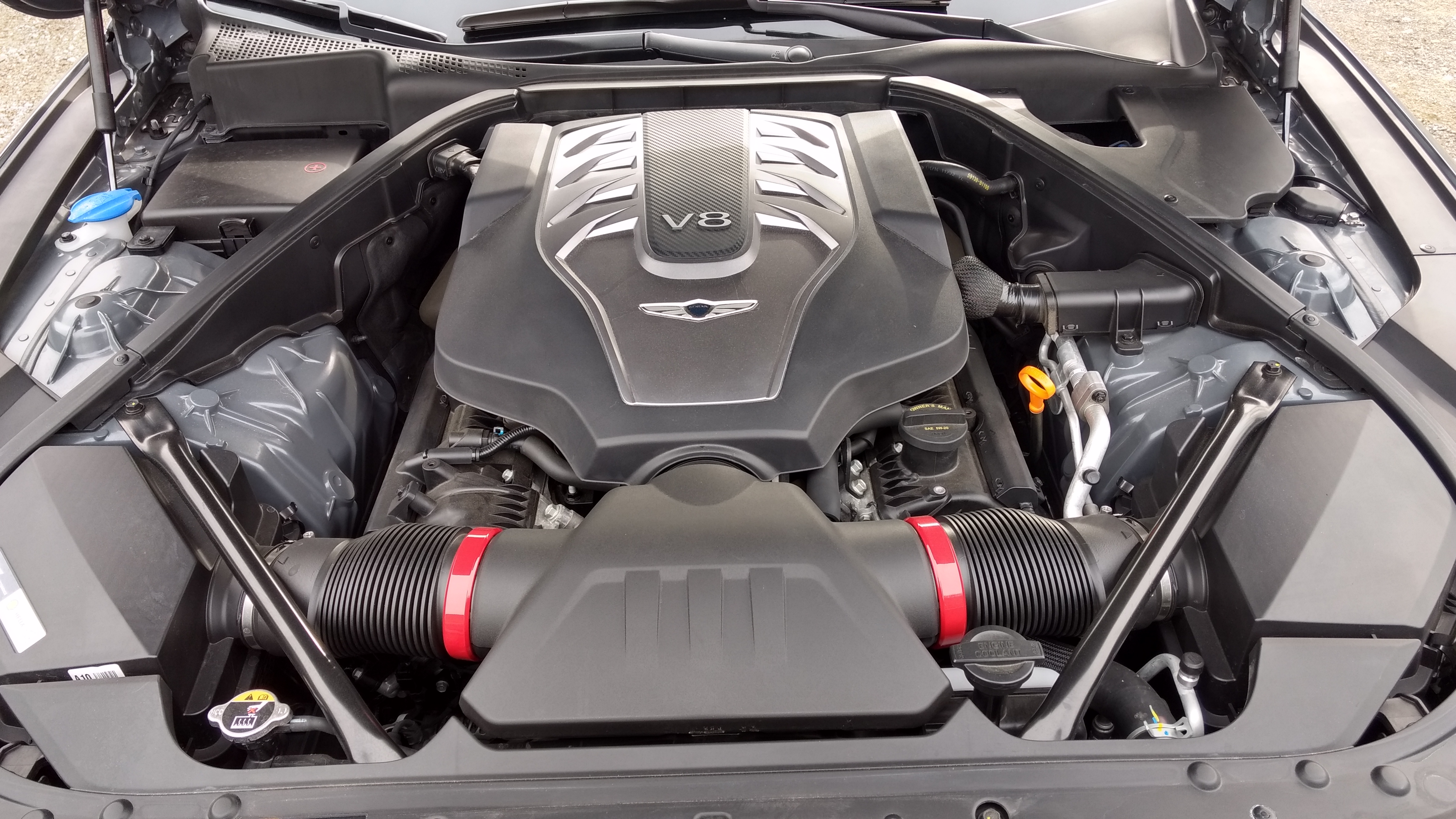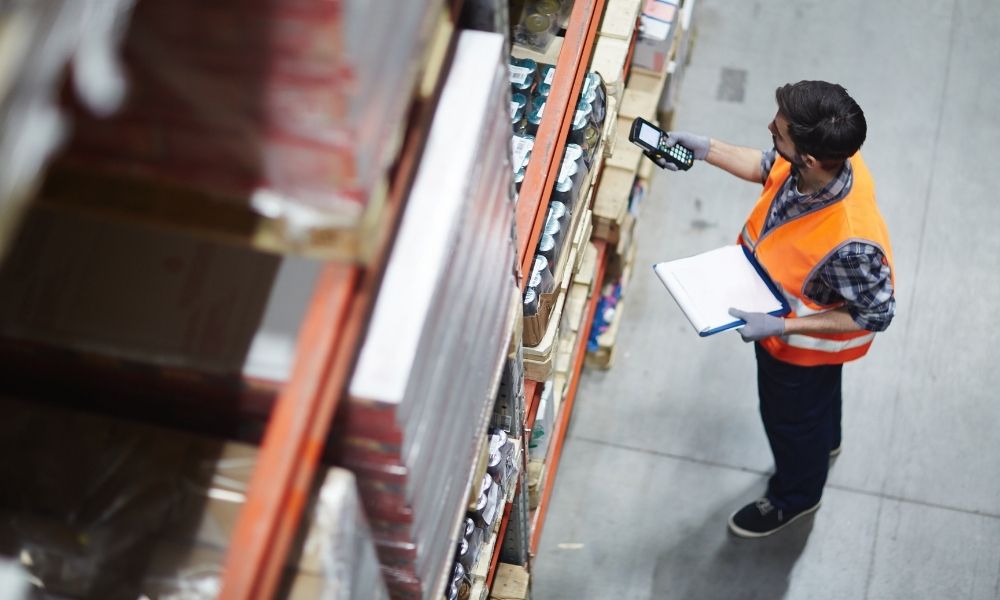How to Improve the Gas Mileage of Your Vehicle

Owning a car is no longer something that is just the privilege of the few. There are now more cars on the roads around the world than ever before, and more people are learning to drive. However, what has also risen in recent years is the cost of fuel, which has led to more manufacturers striving to improve the fuel consumption of their vehicles. Although this part of vehicle development has improved greatly in recent years, owners have also been trying to get more from their cars than the manual says.
Be Gentle on the Gas Pedal
When you are driving, it can be easy to drive a little faster than you should. Modern vehicles have a lot more power than they used to, and drivers like to sometimes test this power, especially on acceleration. However, doing such aggressive acceleration and braking isn’t good for your fuel consumption. Some drivers try to imagine that there is an egg beneath their gas pedal, so they learn to be easier when accelerating. It is this that will help you to save fuel, as your car won’t have as much drag to work against. It is also good to learn to look further ahead when driving. If you break too hard, you then have to accelerate more to get back to speed. If you learn to break earlier, you won’t lose as much momentum so won’t need to accelerate as much.
Stick to Your Vehicles Fuel Type
There is a school of thought that says you need to use the best type of fuel to get the best performance and fuel economy. However, when manufacturers make and test their cars, they will adjust them to be used with a specific type of fuel. When you check your driver’s manual for your vehicle, it will give you the type of fuel you should use, so this is the one you need to stick to in order to get the best fuel consumption.
Adjust the Set-Up of the Engine
For those people that love to tinker and get as much from their car as possible, there are ways that you can adapt your car’s engine. In many cases, new cars will have an onboard computer that controls the engine to give you the best performance and reliability. However, sometimes these computers can be adjusted or even replaced with different ones. Known as Engine Control Modules or ECM, they are available from sites online. For example, if you wanted to find a Cummins ECM, you can find one that is compatible with your vehicle and replace the existing one. In some ways, replacing the ECM can be easier to do than to try and remap the existing one.
Watch the Weight
If you want your vehicle to use a little fuel as possible, then you want it not to have to work hard. The more weight you have in the vehicle, the harder your engine will have to work, and the more fuel you will use. Vehicles will have a maximum amount of weight that they can carry within the fuel consumption figures; this is called the Gross Vehicle Weight Rating or GVWR. For example, if your vehicle has a GVWR of 4,000 pounds, then having over that figure will cause a big increase in the amount of fuel your vehicle will use. In the same vein, you can try to lighten the car by replacing seats with lighter versions or removing unneeded weight.
Reduce Drag
Another calculation that car manufacturers will make is the effect that drag has on the car. It is something that is done with the car in its natural state when it leaves the factory. If you decide to add things to your car, then this will affect the overall drag effect and cause you to use more gas. The main things that can cause additional drag are roof storage boxes, bike racks, and ski racks. If you need to use them, then obviously, they need to be fitted, but if they are not being used, then taking them off will help fuel consumption. Theoretically, anything that is added that wasn’t in the car originally will cause additional drag.
Keep Your Tires Inflated to the Correct Pressure
One of the easiest, but also one of the most overlooked ways to improve fuel consumption is your tires. Many drivers don’t check their vehicle’s tires often enough which can lead to higher rolling resistance on the road. It is also important to check the tire pressures for all eventualities, such as when carrying the maximum passengers. You often need to inflate the tires more if carrying more people to keep the fuel consumption good. Another thing to check regularly is your tire tread; this is because manufacturers make their tires to be as easy as possible on rolling resistance. If your tread drops too low, the resistance can increase without you knowing why. In the past, you had to rely on pressure gauges that you placed against the valves. Now, there are far better ways to keep an eye on the pressure of your tires. Not only do some cars have monitors that keep you informed on the dashboard, but you can also get apps that can also measure it for you.
Avoid Prolonged Idling
Leaving your vehicle idling for long periods can cause you to burn between half and one gallon of fuel every hour, not to mention the carbon monoxide you release as well. To prevent this, many manufacturers have developed intelligent start-stop technology that turns the engine off when you stop at a traffic signal, then restart when you want to pull away. It can save you a huge amount of fuel, and it limits the pollution. You should also try to avoid warming your engine up in the mornings while you get ready. Modern cars can warm up quickly, so there is no longer any need to do this.
By following these ideas, you can help to reduce the fuel consumption of your vehicle.





